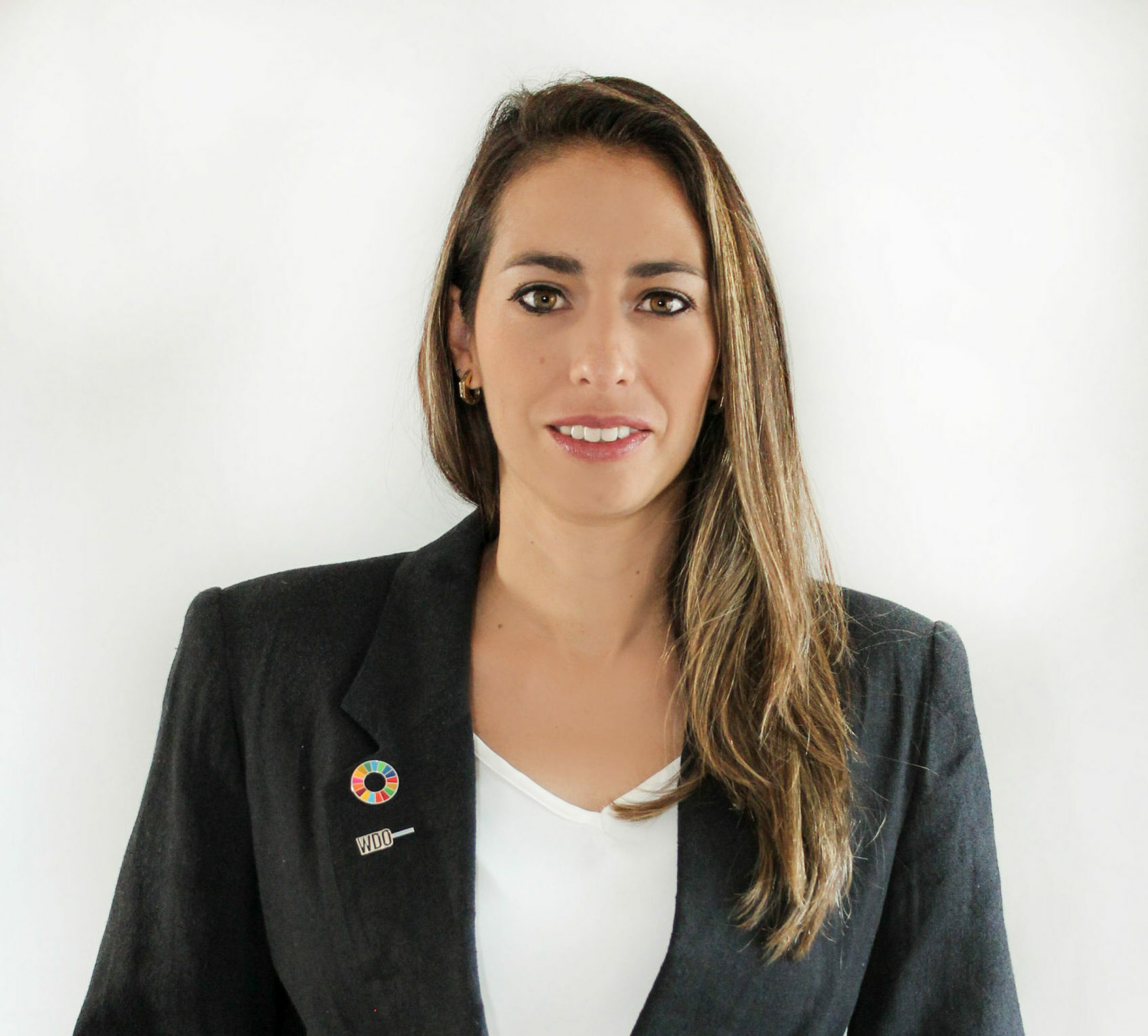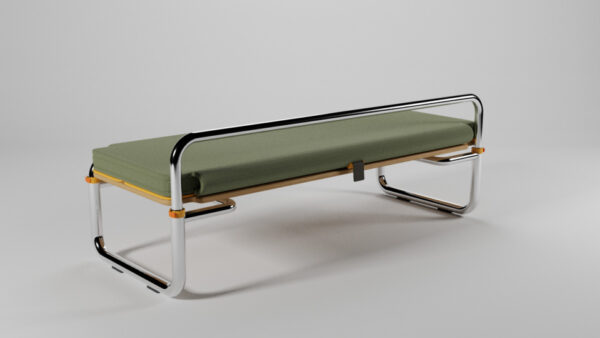
We talked to the SIT Furniture Design Award ™️ jury member Lilian González-González , Industrial Design Academic Coordinator at Anahuac University of México Board and Member of the World Design Organization.
You are currently the Industrial Design Academic Coordinator at Anahuac University and have been a professor at several Universities and cities around Mexico. What do you find the most fulfilling about working in universities?
Definitely the research and experimentation-creation. In universities, we have the capability to have time to think, reflect, research, and time to make more attempts. This is a “big power because” students and academics can experiment and develop innovation if they have the correct stakeholders and alliances.
When did you join the World Design Organization?
Anahuac University has been a member for 20 years, and I started being in charge of the membership and following the WDO events five years ago. It has been a very enriching experience on an academic and personal level.
Congratulations on your new position as a board member. Can you share with us more about your role and responsibilities?
We are in charge of the strategies. We reflect on the current condition of design and its power to improve current situations around the world. Mostly, how can we, as a design community, advocate and promote design for the good of all and to improve the quality of life.
What do you think are the biggest challenges and opportunities in your industry now?
I grew up in an industrial city in Mexico that used to be a craftsman town for shoe manufacturing. I learned about the industry since I was a child, in my father’s factory, and I had the opportunity to see the industry’s transformation. I lived through the devaluations of the Mexican peso, the Free Trade Agreement, and how this directly affected the industry and the quality of life of the people PLUS its environmental impact. Then I understood that nothing in this country was forever, neither the resources, nor the companies, nor the things, nor the people, etc. We live in an unstable world and we must learn to deal with it.
Our culture is used to be reinvented very often and all around us. In my country, and as with other developed countries or marginalized areas, we used to live in a “sustainable way” (why I am saying this? Because it is the popular word around this issue). We, as Mexicans, used to reuse everything, to maximize resources, to have less waste and fewer expenses, but since the ruthless capitalism and globalization, we started to learn the bad practices to be stronger, to support the industry’s cannibalism. But, I have the idea that industry can unlearn and return to the good practices like how the natives made historically or how they still keep their good practices even in this aggressive world.
Now it seems that again we have to learn from the developed countries as colonizers with their methodologies, like cradle to cradle, circular economy, etc., which have very nice intentions for a change in most cases, but most of the knowledge we already had, but we just wasted and underestimated it. It is not a romantic point of view to go back to the past; it is just to remember that we are wasting time searching and searching for new methodologies, certifications, and bureaucracy that could legitimate what we are saying or thinking to make a correct way. We don’t have so much time. We just have to look around.
Finally, I believe that design has to learn from the minorities, from underdeveloped countries, and from marginalized people, to learn about resilience and how to survive every day with almost any resource. A strategy must be developed together with developed and underdeveloped countries, with large and small industries, which means diversity, a hot topic as well.
What are you working on at the moment? Do you have any upcoming projects or collaborations that can tell us about?
I am working on new research lines, and I would like this to be part of my postdoc. Currently, I am studying for a one-year certification in disability at a critical studies institute www.17edu.org. So the lines of research that I am applying in the academy with the design students are related to healthcare, peace, disability, illness, migration, waste…
On the furniture topic, I am immersed in this business related to recliners and design engineering. Currently, in the company, we are working on a project of furniture for hemodialysis, and here I can show the project for public hospitals that have many furniture needs, which have increased in the pandemic.

“Hospital bench and bed”
Directed by: Nub-design
Collaboration: Design faculty, Universidad Anahuac Mexico.
Design by: Carla Cogordan, Diego Castillo, Alejandro De La Cruz, Sergio Vivia.
Teacher: Carsten Lemme
Which advice do you give to your students, starting their career in Design?
Observe and learn about minorities, about disability, about little things, about details, and learn about it, keep it in main and apply it in your life and creativity.